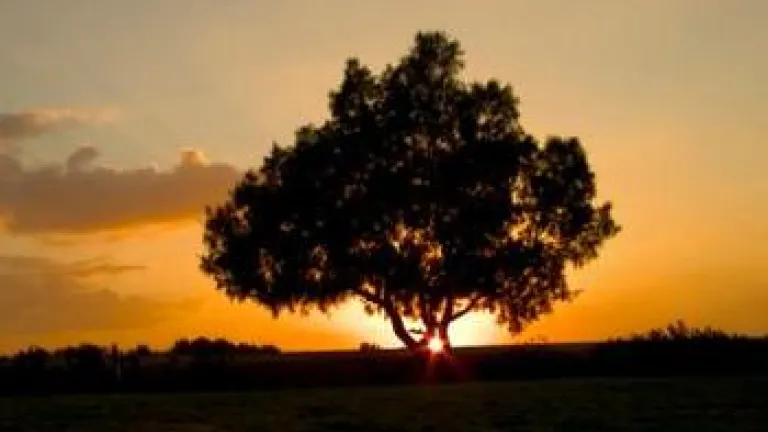Deuteronomy 29
God's covenant with Israel in Moab
The Land Covenant
Here, on the verge of crossing into the Promised Land, an additional covenant is made between God and "the children of Israel in the land of Moab, besides the covenant which He made with them in Horeb"—i.e., Mount Sinai (verses 1, 14). Many refer to this as the Land Covenant. (Some call it the Palestinian Covenant but the name Palestine was not used until Roman times—and that to spite the Jews.) As pointed out before, a covenant is simply a contract or an agreement between two or more parties. It is not identical to the law on which a covenant is based. Since a covenant is merely a contract, it should not surprise us that when Israel broke a covenant by violating the law on which the covenant was based, God would make a new covenant with Israel based on the same or similar laws. In fact, God made at least three covenants with the entire nation of Israel in the book of Exodus, not just one, as some have erroneously concluded (compare Exodus 24:1-8; Exodus 31:12-18; Exodus 34:10, 27).
Here, in Deuteronomy 29, God made still another covenant. It was to apply to future generations as well as the people of that day (verses 15, 25). But God had not yet given the people "a heart to perceive and eyes to see and ears to hear" (verse 4). He therefore knew that they would not obey Him, and He warns them that the "curses of the covenant written in this Book of the Law" would come on them for their disobedience (verses 20-21, 27; compare Deuteronomy 31:15-29). Still, despite their lack of spiritual conversion, the laws God had revealed to them would have enabled the nation of Israel to build a just and equitable society and be richly blessed even if they would have kept only the letter of the law, which they could have followed (Deuteronomy 29:29). Yet, more often than not, they failed in that also.




Beyond Today Bible Commentary: Deuteronomy